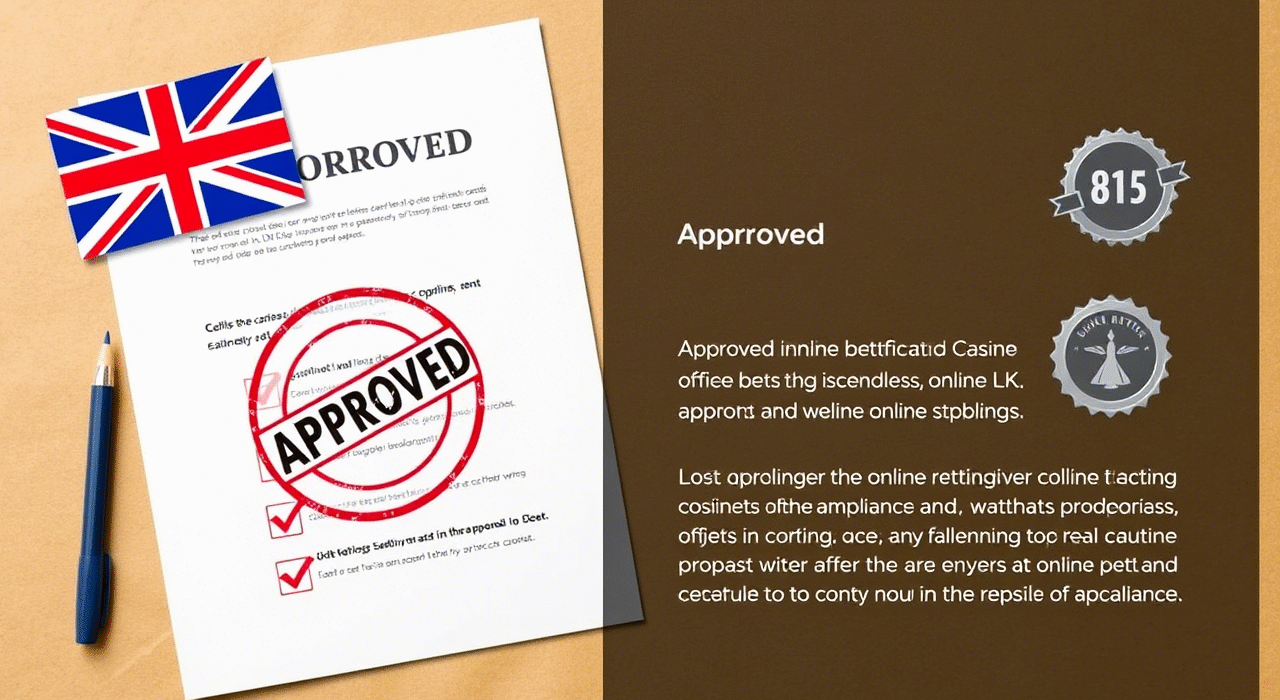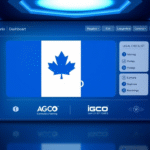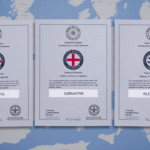Introduction: The Gold Standard of Gambling Regulation
If you’re entering the gambling industry in 2025, there’s one licensing body that continues to set the global benchmark: the UK Gambling Commission (UKGC).
Regarded as one of the most transparent, strict, and globally respected regulatory authorities, a UKGC license isn’t just a legal requirement to operate in Great Britain—it’s a mark of credibility in a rapidly evolving global marketplace.
But make no mistake—the application process is rigorous, time-consuming, and unforgiving. From due diligence to detailed financials, from anti-money laundering (AML) systems to responsible gambling features, the UKGC leaves no stone unturned.
Whether you’re launching a new casino, sportsbook, or white-label solution, here’s a complete breakdown of the 2025 UKGC application process.
Section 1: Who Needs a UKGC License?
You must obtain a UKGC license if you plan to offer any of the following services to users in Great Britain:
- Online casinos
- Sportsbooks
- Bingo
- Poker
- Lotteries
- Virtual betting
- Software and gaming platforms (B2B)
✅ Operators targeting Great Britain, regardless of physical location, must hold an active UKGC license.
Section 2: License Types – Operator or Software Supplier?
There are two primary license categories under UKGC:
1. Operating Licenses (B2C)
For companies offering gambling services directly to consumers. These include:
- Casino
- Betting (real and virtual)
- Bingo
- Lottery
- Pool betting
- Remote and non-remote licenses (i.e., online and retail)
2. Personal Management Licenses (PML)
For key personnel in your business, such as:
- CEO
- Compliance Officer
- Head of Marketing
- Financial Director
3. Software Supplier License (B2B)
Required for companies developing or supplying gambling software used by UK-licensed operators.
🧠 Note: Your licensing model may include multiple license types depending on operations and business structure.
Section 3: Application Checklist (2025 Requirements)
Let’s break down the UKGC application process step by step:
✅ Step 1: Register Your Business and Prepare Core Documents
You’ll need:
- Company incorporation certificate
- Details of all owners, shareholders (10%+), directors
- Corporate structure chart
- Details of group companies or parent entities
- Ultimate Beneficial Owner (UBO) identification
💡 Transparency is everything—UKGC will not accept shell companies or opaque corporate structures.
✅ Step 2: Apply Online via the UKGC Portal
Use the eServices portal to begin your online application. Each section will require detailed uploads and declarations.
You must include:
- Financial statements and projections
- Source of funds evidence (personal and corporate)
- AML and CTF policies
- Responsible Gambling policies
- Advertising standards and affiliate terms
- Details of third-party vendors, game suppliers, and hosting services
- Security protocols, including data protection and player safeguarding
📌 Application Fee:
Based on annual gross gambling yield (GGY).
| GGY Band | Application Fee |
| <£550,000 | £4,224 |
| £550k – £5.5m | £8,409 |
| £5.5m+ | £14,647+ |
Source: UKGC 2025 fee structure
✅ Step 3: Apply for Personal Management Licenses (PML)
Each senior leader in key positions must submit:
- Proof of ID and address
- Employment history
- Financial declarations (e.g., bankruptcy, defaults)
- Criminal background checks (DBS checks)
🧠 If you’re based outside the UK, you may need international police clearance certificates.
✅ Step 4: Prepare for Enhanced Due Diligence
The UKGC performs enhanced due diligence on:
- Source of capital
- Criminal records
- Previous gambling-related experience
- Political exposure (PEP screening)
- Bank references and financial solvency
📢 Applications are routinely rejected for vague, unverifiable, or incomplete disclosures.
✅ Step 5: Undergo Technical Testing (If Offering Remote Gambling)
Before go-live, your platform must pass testing by an approved third-party lab (e.g., eCOGRA, GLI).
Testing includes:
- RNG certification
- Game fairness
- RTP validation
- Firewall and data security
- Transaction integrity
- Audit logging and storage
🧪 You’ll also need to submit monthly game data to the UKGC after launch.
Section 4: Timeframes & What to Expect
| Stage | Estimated Duration |
| Application Prep | 2–4 weeks |
| Submission Review | 12–16 weeks |
| Clarification Requests | +2–4 weeks |
| PML Vetting | 8–10 weeks (parallel) |
| Launch Approval | Within 5 months (if smooth) |
⏱️ Total Time: 4–6 months if documents are well-prepared and transparent.
Section 5: What Can Delay or Derail Your Application?
🔴 Red Flags for UKGC:
- Vague ownership disclosures
- Non-transparent source of funds
- Incomplete or templated AML policies
- Hidden third-party payments
- Previous sanctions, bankruptcies, or revoked licenses
🧠 Be honest and proactive. Trying to hide or disguise facts will not just delay—it may disqualify you permanently.
Section 6: Ongoing Obligations After Licensing
Compliance Isn’t Over After Approval
Once licensed, operators must:
| Obligation | Frequency |
| AML risk assessment update | Annually |
| Compliance audit | Periodically |
| Gambling activity reports | Quarterly |
| Complaints and disputes log | Ongoing |
| Responsible Gambling metrics | Real-time |
| License Fee Renewal | Annually |
Operators must also notify UKGC of:
- Key personnel changes
- Business model alterations
- Platform migration
- Launch of new products
- Changes in ownership/shareholding
Section 7: Unique Features of the UKGC Regime
🎯 Focus on Player Protection
UKGC is one of the most consumer-first regulators globally. Expect high expectations for:
- Loss limits
- Time reminders
- Cooling-off periods
- GamStop integration (mandatory self-exclusion)
- Reality checks and autoplay restrictions
🎯 Strict Advertising Rules
- Affiliates must follow ASA codes
- No targeting underage or vulnerable groups
- Bonus terms must be transparent
- Offers must not be misleading (no “risk-free” or “guaranteed win”)
Section 8: Comparing the UKGC to Other Jurisdictions
| Criteria | UKGC | Malta (MGA) | Curaçao |
| Compliance Level | High | Moderate | Low |
| Time to License | 4–6 months | 4–6 months | 1–2 months |
| Cost | High | Moderate | Low |
| Public Perception | Very Credible | Credible | Often Distrusted |
| Crypto Acceptance | ❌ No | ⚠️ Limited | ✅ Yes |
| Player Protection | Industry-Leading | Strong | Weak |
If your goal is long-term brand value, partnerships with banks, and trust with affiliates—a UKGC license is unmatched.
Conclusion: Playing the Long Game
Getting a UKGC license isn’t easy—and it’s not supposed to be. The UKGC exists to protect players, regulate industry standards, and ensure long-term market sustainability.
But if you’re building a reputable operation, UKGC approval does more than open doors to the UK—it signals to the entire world that you’re serious, compliant, and here to stay.
In 2025, it’s not just about being licensed. It’s about being licensed right.











